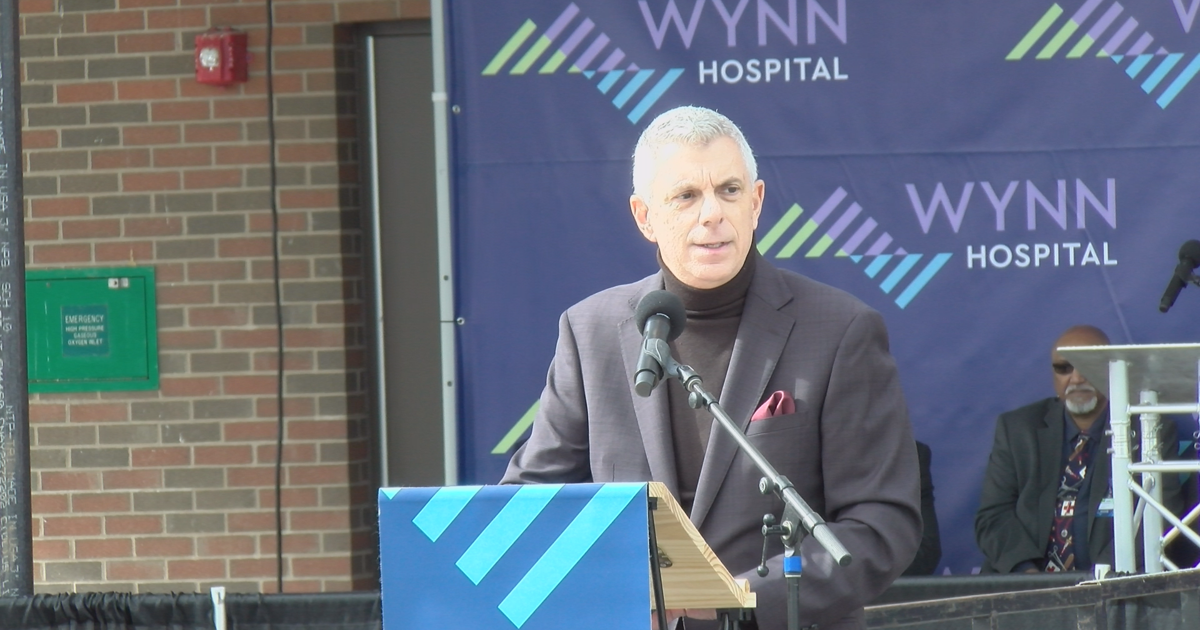Ethiopia's Healthcare Crisis Deepens: Crackdown on Protesting Health Workers Sparks Renewed Concerns

Addis Ababa, Ethiopia – A concerning escalation in tensions has unfolded in Ethiopia as authorities have suspended a leading health professionals organization and taken action against protesting healthcare workers. This move has ignited widespread condemnation and raised serious questions about the government's commitment to addressing critical issues within the nation's public healthcare system.
The targeted organization, a prominent voice for health professionals, has been vocal in its concerns regarding inadequate resources, low salaries, and challenging working conditions. For months, healthcare workers across Ethiopia have been staging peaceful protests, demanding meaningful improvements to their situation. Their grievances are not merely about personal benefits; they directly impact the quality of care patients receive and the overall stability of the healthcare system.
The government's response, suspending the organization and reportedly taking disciplinary measures against individual protestors, has been widely criticized by human rights groups and international observers. Critics argue that these actions stifle freedom of expression and prevent legitimate concerns from being aired and addressed. Instead of engaging in dialogue and finding solutions, the government appears to be resorting to suppression.
“The suspension of this vital organization is a deeply troubling development,” stated a spokesperson for Amnesty International. “It sends a chilling message to all healthcare professionals who are simply trying to advocate for better conditions and improved patient care. The Ethiopian authorities must immediately reinstate the organization and engage in good-faith negotiations with healthcare workers to resolve their grievances.”
The underlying issues contributing to the unrest are complex and multifaceted. Years of underinvestment in the healthcare sector, coupled with a rapidly growing population, have placed immense strain on resources. Many healthcare facilities lack essential equipment and supplies, and healthcare workers are frequently forced to work long hours under difficult circumstances. Low salaries further exacerbate the problem, leading to burnout and discouraging talented professionals from entering or remaining in the field.
Experts warn that the current situation could have devastating consequences for Ethiopia's healthcare system. A demoralized and under-resourced workforce is ill-equipped to handle the ongoing challenges, including outbreaks of infectious diseases and the increasing burden of chronic illnesses. Furthermore, the suppression of dissent could lead to further unrest and instability.
The international community is urging the Ethiopian government to reconsider its approach and prioritize the well-being of its healthcare workers. A sustainable solution requires open dialogue, investment in the healthcare sector, and a commitment to upholding the rights of healthcare professionals to advocate for their concerns without fear of reprisal. The future of Ethiopia's healthcare system, and the health of its citizens, hangs in the balance.
Key Concerns Remain:
- Resource Scarcity: Lack of essential equipment and supplies in healthcare facilities.
- Low Salaries & Working Conditions: Contributing to burnout and discouraging new professionals.
- Suppression of Dissent: Hindering the ability of healthcare workers to voice concerns.
The situation demands urgent attention and a commitment from all stakeholders to find a path towards a more equitable and sustainable healthcare system in Ethiopia.





